Space
Sign up for our newsletter
We summarize the week's scientific breakthroughs every Thursday.
-
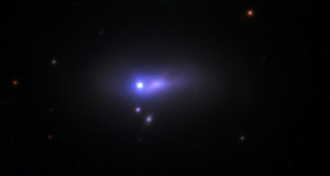 Astronomy
AstronomyCompanion star could have triggered supernova
An exploding star in another galaxy might have been pushed over the edge by a stellar companion.
-
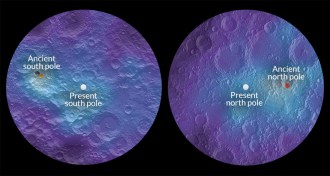 Astronomy
AstronomyThe moon’s poles have no fixed address
Ancient deposits of lunar water ice mark where the moon’s poles used to be.
-
 Agriculture
AgricultureReaders debate GMOs
Genetically-modified food, nuclear fusion, black holes and more reader feedback.
-
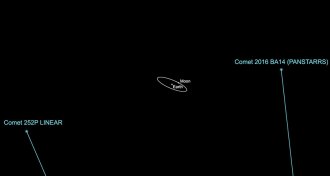 Astronomy
AstronomyTwo chunks of the same comet buzzing Earth this week
Two comets, one a possible fragment of the other, will slip past Earth on March 21 and 22.
-
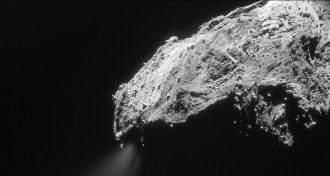 Planetary Science
Planetary ScienceComets carried noble gases to Earth
Asteroids might have delivered water to Earth, but comets could be responsible for noble gases and amino acids, a new study suggests.
-
 Astronomy
AstronomyQuasars’ distance no longer in question
Astronomers now know quasars live around black holes in remote galaxies, but 50 years ago, one researcher argued they were much closer.
-
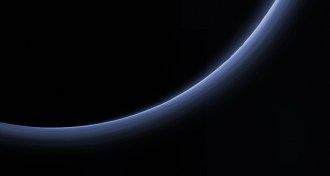 Planetary Science
Planetary ScienceGet your Pluto trivia down cold
Eight months after visiting Pluto, the New Horizons spacecraft has delivered a wealth of details about the dwarf planet and its family of moons.
-
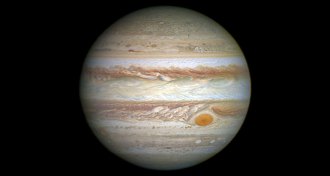 Planetary Science
Planetary ScienceWandering Jupiter could have swept inner solar system clean
If Jupiter formed close to the sun and then wandered out, that might explain why there are no planets interior to Mercury’s orbit.
-
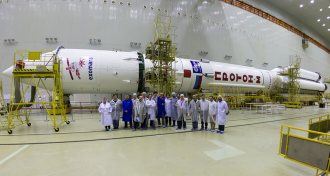 Planetary Science
Planetary ScienceExoMars mission to search for signs of life on the Red Planet
The next mission to Mars will tally gases in the planet’s atmosphere and test technologies for a 2018 rover.
-
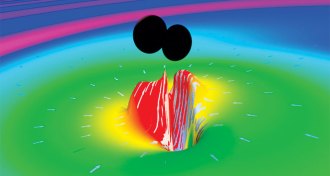 Astronomy
AstronomyBlack hole smashup generated yottawatts of power
For a split second, LIGO’s black hole collision generated 36 septillion yottawatts of power, or 50 times the power from all the stars in the universe.
-
 Neuroscience
NeuroscienceReaders respond to stress, tattoos, and the universe
Stress, tattoos, cosmic origins and more reader feedback.
-
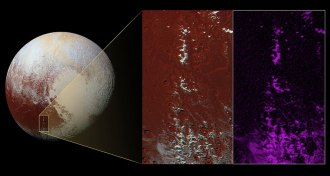 Planetary Science
Planetary ScienceMountains on Pluto are a winter wonderland of methane snow
On Pluto, methane snow blankets mountain tops.